Bruce Bartlett's 6 favorite political books
The author, historian, and policymaker recommends works by Kevin Phillips, Peter H. Lindert, and more

When you make a purchase through links on our site, we may earn a commission
The Emerging Republican Majority by Kevin Phillips (Princeton, $31).
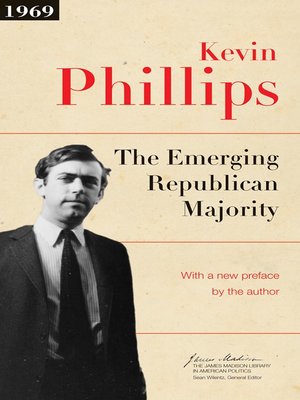
Arguably the most influential book on political science ever written. Published in 1969, Phillips' book perfectly forecast the Republican takeover of the South, which has shaped American politics for almost 50 years. Phillips later wished he could put the toothpaste back in the tube, but he couldn't.
Subscribe to The Week
Escape your echo chamber. Get the facts behind the news, plus analysis from multiple perspectives.

Sign up for The Week's Free Newsletters
From our morning news briefing to a weekly Good News Newsletter, get the best of The Week delivered directly to your inbox.
From our morning news briefing to a weekly Good News Newsletter, get the best of The Week delivered directly to your inbox.
Reagan in His Own Hand (Free Press, $35).
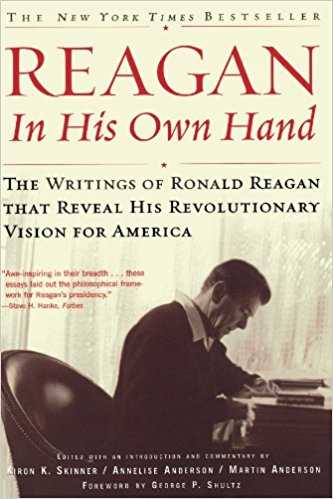
I have moved well to the left from where I was when I was younger, but I won't go all the way in part because I still think Ronald Reagan was a pretty good president. This book proves he was a smart one, too, through the many columns and radio scripts he wrote between his tenure as governor of California and his presidency.
Plutocrats by Chrystia Freeland (Penguin, $17).
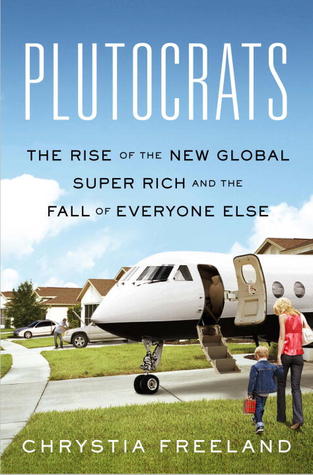
Published in 2012, this book accurately predicted the growing political power of the ultrawealthy. Freeland, now Canada's minister of foreign affairs, was a journalist at the time she wrote Plutocrats. It's a book I really wish I had written.
A free daily email with the biggest news stories of the day – and the best features from TheWeek.com
Growing Public by Peter H. Lindert (Cambridge, $103).
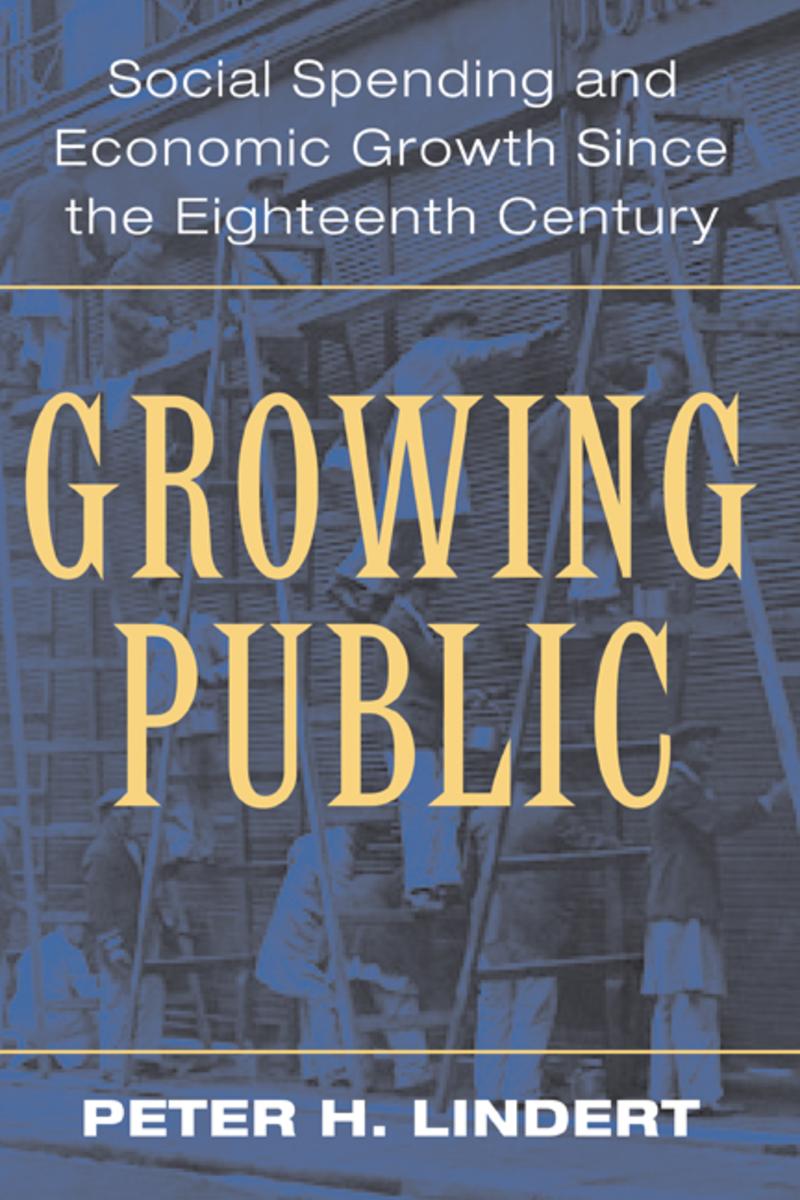
Even progressives are wary of advocating an aggressive use of government spending to deal with social problems, because of the widespread belief in one idea: that redistribution is bad for the economy. In this two-volume work, Lindert, an economic historian at the University of California, Davis, draws from the historical record to show conclusively that this is nonsense.
The Wealth and Poverty of Nations by David S. Landes (Norton, $20).
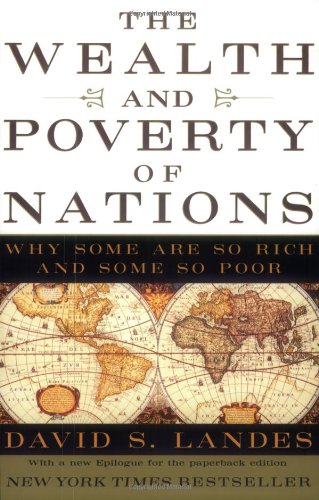
In another life I would have been an economic historian, because I have learned so much from that field. Landes, who died in 2013, was an economic historian at Harvard. This book sums up what he learned during the course of his long career about why some countries are rich and others poor.
Capitalism, Socialism, and Democracy by Joseph A. Schumpeter (Harper Perennial, $17).
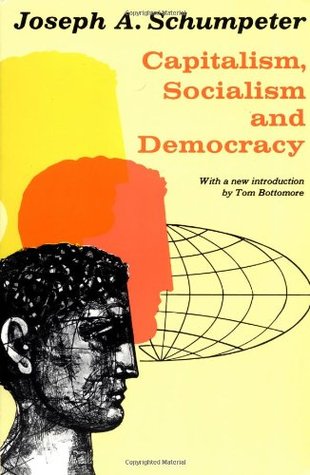
One of those classics that I return to time and again. Schumpeter was perhaps the most perfect social scientist who ever lived, a master of economics, history, and sociology. He brought all those skills together in this 1942 book, which is filled from beginning to end with insights that are still relevant today.
— Bruce Bartlett, a columnist, author, and early champion of supply-side economics, served in policymaking roles under Ronald Reagan and George H.W. Bush. His new book, The Truth Matters, is a citizens' guide to today's news-media landscape.
-
 'More must be done'
'More must be done'Instant Opinion Opinion, comment and editorials of the day
-
 Are masked ICE agents America's new secret police?
Are masked ICE agents America's new secret police?Today's Big Question Critics say masks undermine trust in law enforcement
-
 The last words and final moments of 40 presidents
The last words and final moments of 40 presidentsThe Explainer Some are eloquent quotes worthy of the holders of the highest office in the nation, and others... aren't